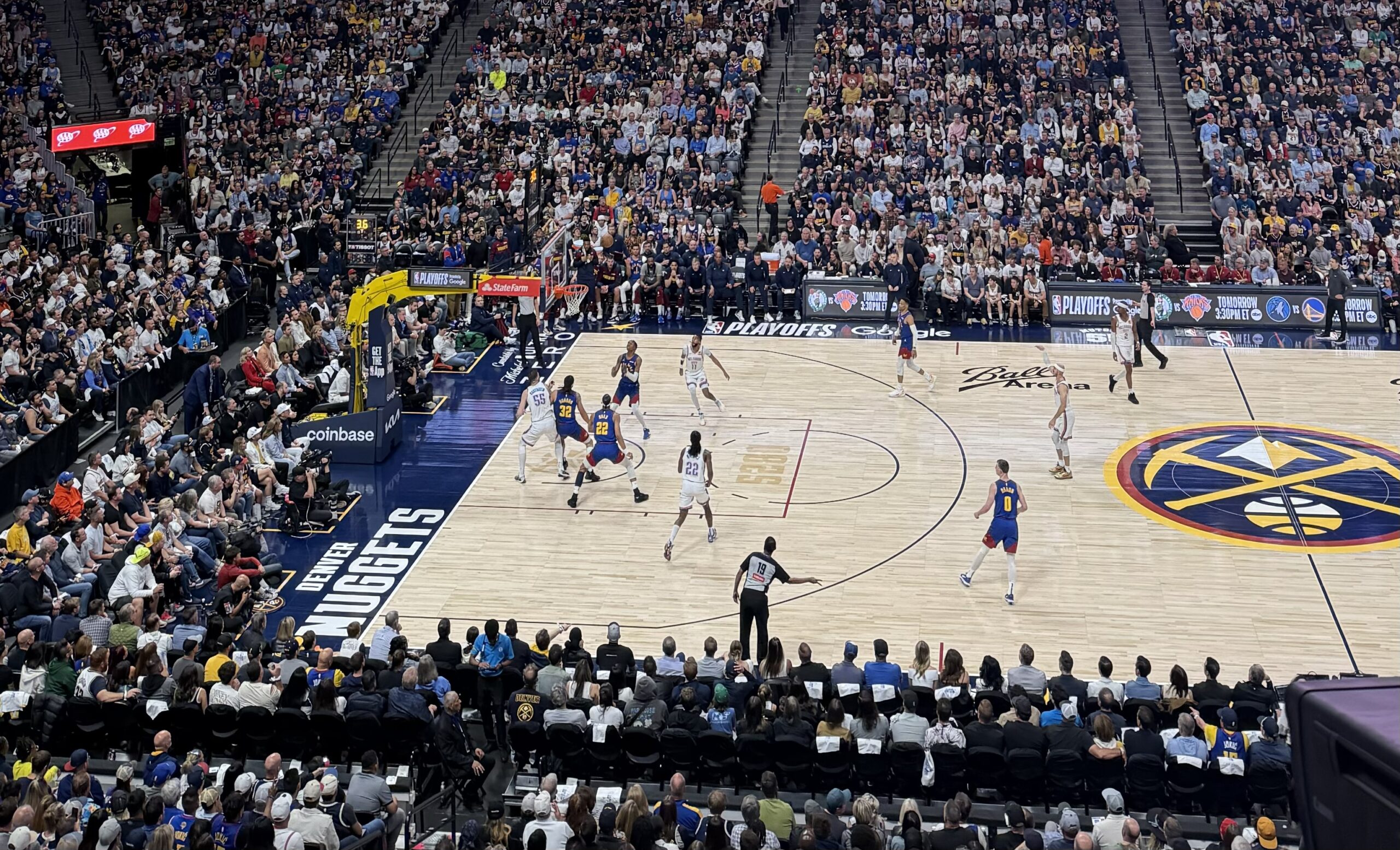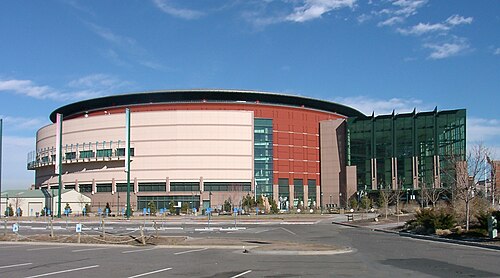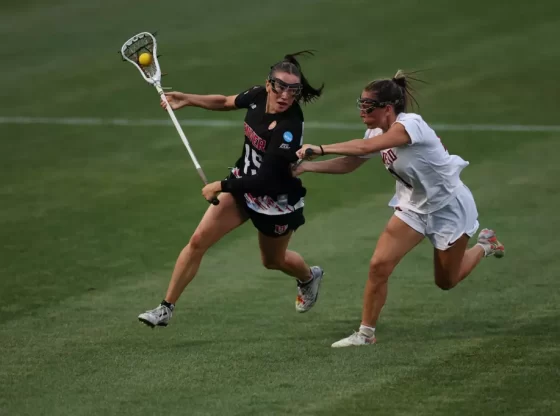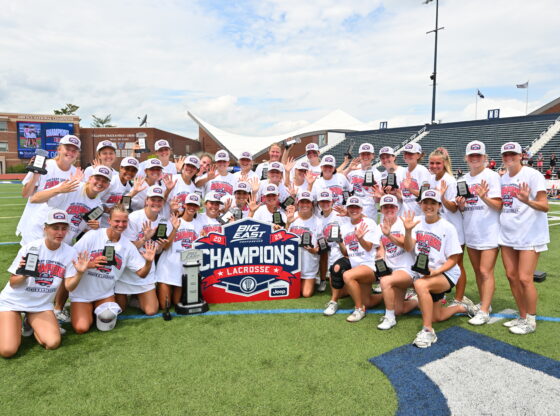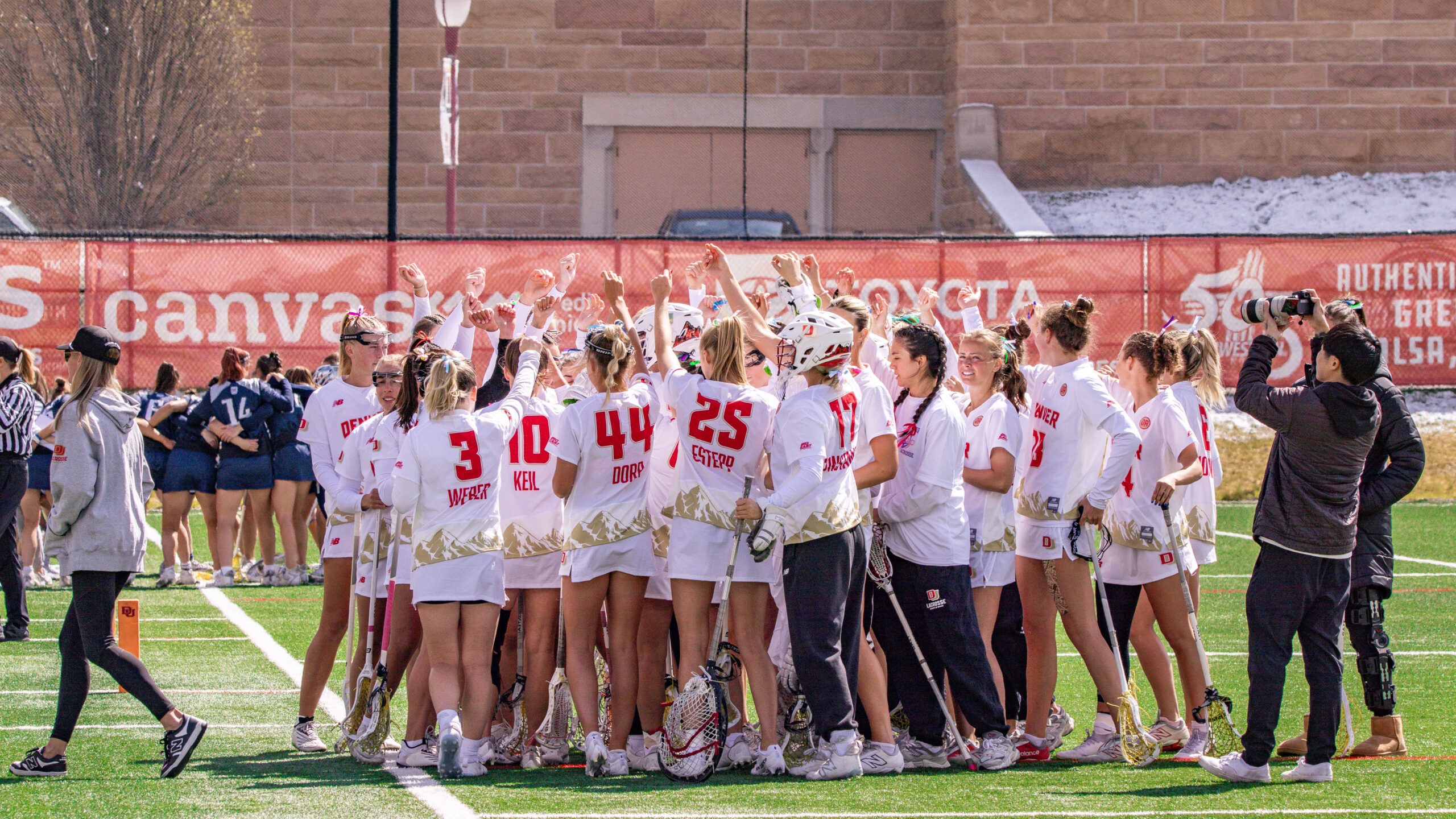On Nov. 1, at Chase Field in Phoenix, Arizona, a 62-year curse was broken: the Texas Rangers finally won their first World Series title. A month-long campaign of playoff baseball was over, the agony of defeat and the jubilance of victory still fresh in the minds of millions of baseball fans.
But for supporters of the Colorado Rockies, no such emotion was felt. Their season ended back in early October with a forgettable 3-2 win over the Minnesota Twins, and they had been mathematically eliminated from playoff contention since Sept. 10. Rockies fans, unphased and unsurprised, watched as their team missed the postseason for the fifth year in a row.
It should be a shock to no one that these fans would be so nonchalant. In their 30-year history, the Rockies have never finished higher than second in their division. They have never won a single game in the World Series. The vast majority of their individual accolades were won by players who are no longer with the team, and the last time they won a game in the first round of the playoffs was in 2009.
To put it generously, the Colorado Rockies are a historical disappointment to their own fans.
This season was the organization’s 30th anniversary. The team celebrated by losing 103 games, making for the worst record in franchise history. The Rockies have reached a new low in their miserable existence, and their highs are hardly worth a chuckle from more successful MLB teams.
The best moment in franchise history came on Oct. 15, 2007, when career Rocky Todd Helton made the final out of the National League Championship Series to send his team to the World Series. This capped off a 22-game stretch in which the Rockies lost just one game, propelling themselves into the postseason and eliminating the San Diego Padres, Philadelphia Phillies and Arizona Diamondbacks in turn.
The magic would end two weeks after Helton’s iconic out. The Boston Red Sox outscored the Rockies 29-11 over the course of four games to sweep them out of the Fall Classic, keeping them as one of eight teams at the time to have never won the MLB title. After the Rangers broke their drought earlier this month, that number has dwindled to five.
Utter disappointment overshadowing success has been a common theme for Rockies fans throughout the years. The 2023 season was no different. Apart from the worst record in franchise history, the Rockies experienced a host of injuries to fan-favorite players.
Second baseman Brendan Rodgers missed 116 games due to a shoulder injury sustained in March. Outfielder Kris Byrant, who is paid $27 million annually, played in just 80 games (for reference, he made $47,583 every time he swung his bat this season). Germán Márquez started just four games before undergoing season-ending surgery, while fellow pitcher Ryan Feltner missed four months after his skull was fractured by a line drive.
That’s not to say that there were no moments of value, however. Rockies fans enjoyed watching standout rookies and veterans show their worth in a relatively low-pressure environment—an environment that has not failed to produce talent in the past.
Thirty-two-year-old catcher Elías Díaz was the team’s only All-Star, hitting the winning home run in the All-Star game in Seattle to become the first Rocky to take home ASG MVP. Rookies Ezequiel Tovar (shortstop) and Nolan Jones (outfielder) impressed at the plate for their young ages, batting .253 and .297 respectively.
The single biggest standout, however, was rookie outfielder Brenton Doyle. Doyle began turning heads early in the season due to his defensive highlights—highlights that involved him diving to make catches, throwing balls home at over 100 mph to stop baserunners from scoring and grinning ear to ear as he did it.
At the end of the season, Doyle’s defensive stats were even more head-turning than his highlights. He finished fourth among position players and first among center fielders with his 19 defensive runs saved. His Ultimate Zone Rating sat at 24.5, the highest in the MLB. Statistically, Doyle arguably had the best defensive season by an outfielder in Rockies history—a metric which won him the Gold Glove award for being the most valuable defender at his position in the National League.
While this is welcome news for any Rockies fan, that overshadowing disappointment comes back when they hear the words ‘Gold Glove.’ It reminds them of the most prolific defender in franchise history: Nolan Arenado.
Arenado, who played third base in Colorado from 2013 to 2020, won a Gold Glove every single year he suited up for the club. He was named an All-Star in five of those years, and never batted below .250. He was undeniably Colorado’s best player for the better part of a decade, and with back-to-back postseason appearances in 2017 and 2018, things were looking up for the Rockies.
But then the trade rumors started. Reportedly, Arenado was frustrated with the organization’s inability to surround him with talented players. Even though the mid-2010s Rockies featured some intriguing offensive talent like Trevor Story, DJ LeMahieu and Carlos González, the pitching was shaky at best and the front office inexplicably continued to sign washed-up veterans such as Ian Desmond and Daniel Murphy.
On Feb. 2, 2021, Arenado was officially traded to the St. Louis Cardinals. Fans were furious.
This fury didn’t come from the move itself, however. Arenado was going to be dealt, it was just a matter of when. What made Rockies fans truly angry was what General Manager Jeff Bridich got in return. For the best third baseman in the league, Bridich negotiated that the Cardinals would give up just five minor league prospects. But more confusingly, he agreed to pay St. Louis no less than $51 million to take Arenado.
There have been countless heartbreaking trades in Rockies history. Seeing undeniable talent like the aforementioned Story, LeMahieu and González, as well as Troy Tulowitzki, Matt Holliday, Larry Walker, Ubaldo Jiménez and others be dealt away is one thing, but to give away $51 million alongside one of your franchise players? Colorado fans had a right to be angry.
Now more than ever, frustrations have shifted. Rather than blaming the players, fans are starting to point fingers at the front office.
Enter Dick Monfort: the 69-year-old multi-millionaire owner of the Colorado Rockies. Dick, alongside his brother and business partner Charlie, has been the majority owner of the franchise since Jerry McMorris was forced to sell his stake in 2005. He also holds the title of chairman and chief executive officer.
Monfort has worked hand in hand with his GMs ever since taking ownership of the team. This was especially true with Bridich, who before his resignation in 2021 collaborated with Monfort on multiple trades, including the infamous Arenado deal.
This is not particularly common among American sports owners. Generally, the most successful organizations have ownership groups that are largely hands-off when it comes to running the team itself.
For example, look at two of Denver’s other professional sports teams: the Colorado Avalanche and the Denver Nuggets. They are owned by Stan Kroenke, who acquired a majority stake in both clubs in 2000. Since then, the Avalanche have won two Stanley Cups and the Nuggets have won one NBA title. Unlike Monfort, however, Kroenke is almost entirely uninvolved in the day-to-day operations of his teams.
After Bridich’s resignation, Monfort did take a minor step back in the realm of baseball operations, allowing current GM Bill Schmidt to make the majority of the trades in the past year. However, he still insists on being on the executive board, meaning he has the power to veto or force moves if he so pleases.
So that begs the question, if Monfort is unwilling to fully step away from baseball operations, should he sell the team?
If it were up to die-hard Rockies fans, the answer would be yes. Unfortunately for them, it simply doesn’t make financial sense for Monfort to sell.
Despite their perennial failures on the field, the Rockies are one of the biggest cash cows in Denver. The location of their stadium, Coors Field, is the single biggest contributor to this. Constructed in the heart of LoDo, Coors Field is a short walk away from Union Station, surrounded by trendy food spots and constructed so the beautiful sunsets over the mountains can be seen just past the third base line.
The elevation of Denver also plays into Coors Field’s value. Being by far the highest-elevation park in the Major Leagues, home plate at Coors sits at 5,200 feet above sea level, with a row of purple seats 80 feet higher marking the mile-high line.
Because of this, Coors is a notoriously offense-heavy park. The thin air causes pitches to spin less, making them easier to hit, and when batters make contact, the balls fly an estimated 10 percent farther than they would at sea level. Despite a horrific Rockies offense in 2023, 208 total home runs were hit at Coors last season, good for 9th highest in MLB.
The beautiful and accessible stadium, the stunning sunsets, the sunny Colorado weather and the furthest-flying balls in the country mean one thing: Denverites love going to Rockies games.
Attendance statistics over the past decade prove this. Since 2013, Coors has consistently been in the top 14 in league-wide ticket sales—it reached as high as 6th in 2019, a year in which the Rockies missed the playoffs. The only two times the Rockies sold fewer than two million tickets in a season was 2021, when COVID limited ticket sales (Coors still found itself 7th in attendance) and 2005, the first year Monfort held a majority share.
In the same time period, the Rockies have been in the top half of the league standings just twice—in the back-to-back playoff years of 2017 and 2018. Despite the lack of team success on the field, Denverites are more than willing to spend their money on a day at the ballpark.
In the 2023 season, the Rockies finished with the third-worst record in baseball. Despite this, Coors Field sold 2,607,935 tickets, making it the 14th most-attended ballpark in the league. This made Monfort millions—money that he has spent in the past to develop the real estate around the stadium to bring in even more revenue.
The Colorado Rockies consistently and reliably make money for the Monforts. The past decade has proven that no matter how bad the team is, people will likely never stop coming to Coors Field by the millions.
If Monfort wants the Rockies to contend for the World Series, organizational changes will have to be made. He’ll either need to step back and hire more baseball experts or bite the bullet and sell to an owner with proven success, perhaps his cross-town counterpart in Stan Kroenke.
Unfortunately for Rockies fans, it doesn’t appear that Monfort cares about the success of his team outside of the financial realm. In a now-infamous speech, Monfort said last January that he thinks the Rockies “can play .500 ball.” He is more than willing to ignore the issues with the on-field product and wallow in mediocrity because he’s still making money.
Should the Rockies sell? Most would say yes. But the person who would be making that decision has no reason to do so.
Buckle up, Rockies fans. It’ll be another long 30 years.

